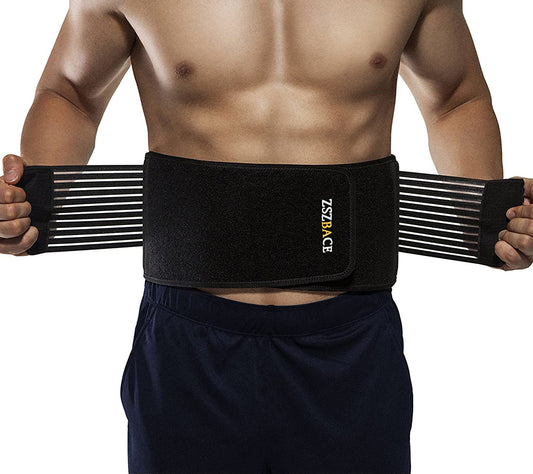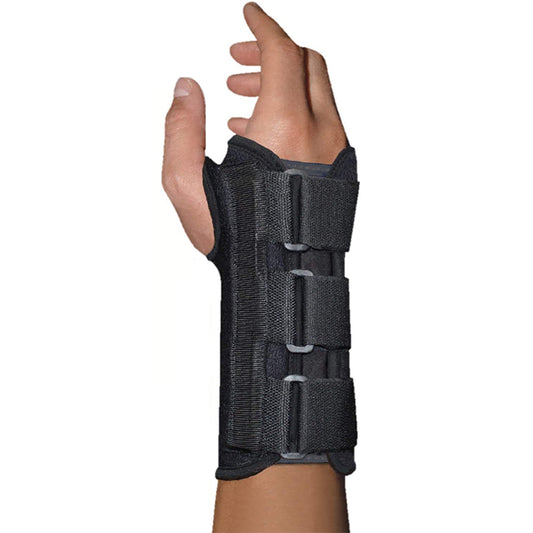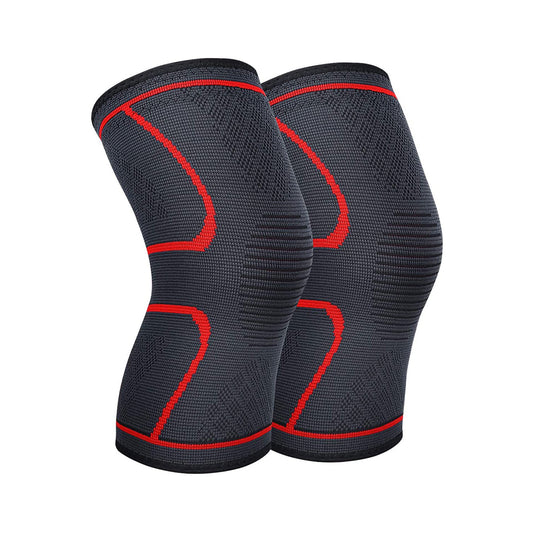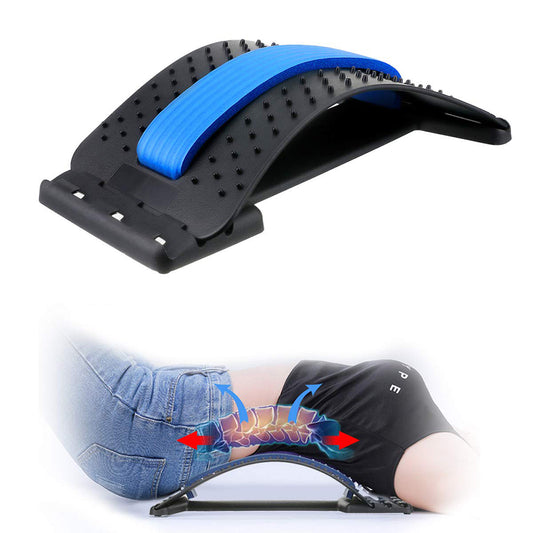
Why do I get back pain during pregnancy?
Share
The good news is, your baby is growing. That's exactly what should be happening -- but it can still be tough on your back.
You've got lots of company -- most pregnant women experience back pain, usually starting in the second half of pregnancy.
You should know that there are things you can do to minimize your back pain. Here's what helps.

Causes of Back Pain in Pregnant Women
Pregnancy back pain typically happens where the pelvis meets your spine, at the sacroiliac joint.
There are many possible reasons why it happens. Here are some of the more likely causes:
-
Weight gain. During a healthy pregnancy, women typically gain between 25 and 35 pounds. The spine has to support that weight. That can cause lower back pain. The weight of the growing baby and uterus also puts pressure on the blood vessels and nerves in the pelvis and back.
- Posture changes. Pregnancy shifts your center of gravity. As a result, you may gradually -- even without noticing -- begin to adjust your posture and the way you move. This may result in back pain or strain.
- Hormone changes. During pregnancy, your body makes a hormone called relaxin that allows ligaments in the pelvic area to relax and the joints to become looser in preparation for the birth process. The same hormone can cause ligaments that support the spine to loosen, leading to instability and pain.
- Muscle separation. As the uterus expands, two parallel sheets of muscles (the rectus abdominis muscles), which run from the rib cage to the pubic bone, may separate along the center seam. This separation may worsen back pain.
- Stress. Emotional stress can cause muscle tension in the back, which may be felt as back pain or back spasms. You may find that you experience an increase in back pain during stressful periods of your pregnancy.
Treatments for Back Pain in Pregnancy
- More good news: Unless you had chronic backaches before you got pregnant, your pain will likely ease gradually before you give birth.
-
Meanwhile, there are many things you can do to treat low back pain or make it rarer and milder:
-
Exercise. Regular exercise strengthens muscles and boosts flexibility. That can ease the stress on your spine. Safe exercises for most pregnant women include walking, swimming, and stationary cycling. Your doctor or physical therapist can recommend exercises to strengthen your back and abdomen.
- Heat and cold. Applying heat and cold to your back may help. If your health care provider agrees, start by putting cold compresses (such as a bag of ice or frozen vegetables wrapped in a towel) on the painful area for up to 20 minutes several times a day. After two or three days, switch to heat -- put a heating pad or hot water bottle on the painful area. Be careful not to apply heat to your abdomen during pregnancy.
- Improve your posture. Slouching strains your spine. So using proper posture when working, sitting, or sleeping is a good move. For example, sleeping on your side with a pillow between the knees will take stress off your back. When sitting at a desk, place a rolled-up towel behind your back for support; rest your feet on a stack of books or stool and sit up straight, with your shoulders back. When standing, pull your hips forward and your shoulders back. You may tend to lean back to compensate for your growing belly. Wearing a support belt may also help.
- Stretch regularly. Look up the "backward stretch," the "low back stretch," and the "standing pelvic tilt." These strengthen your back and pelvic muscles.
- Wear a pregnancy belt. As long as you wear a pregnancy belt correctly, you can effectively relieve low back pain during pregnancy










